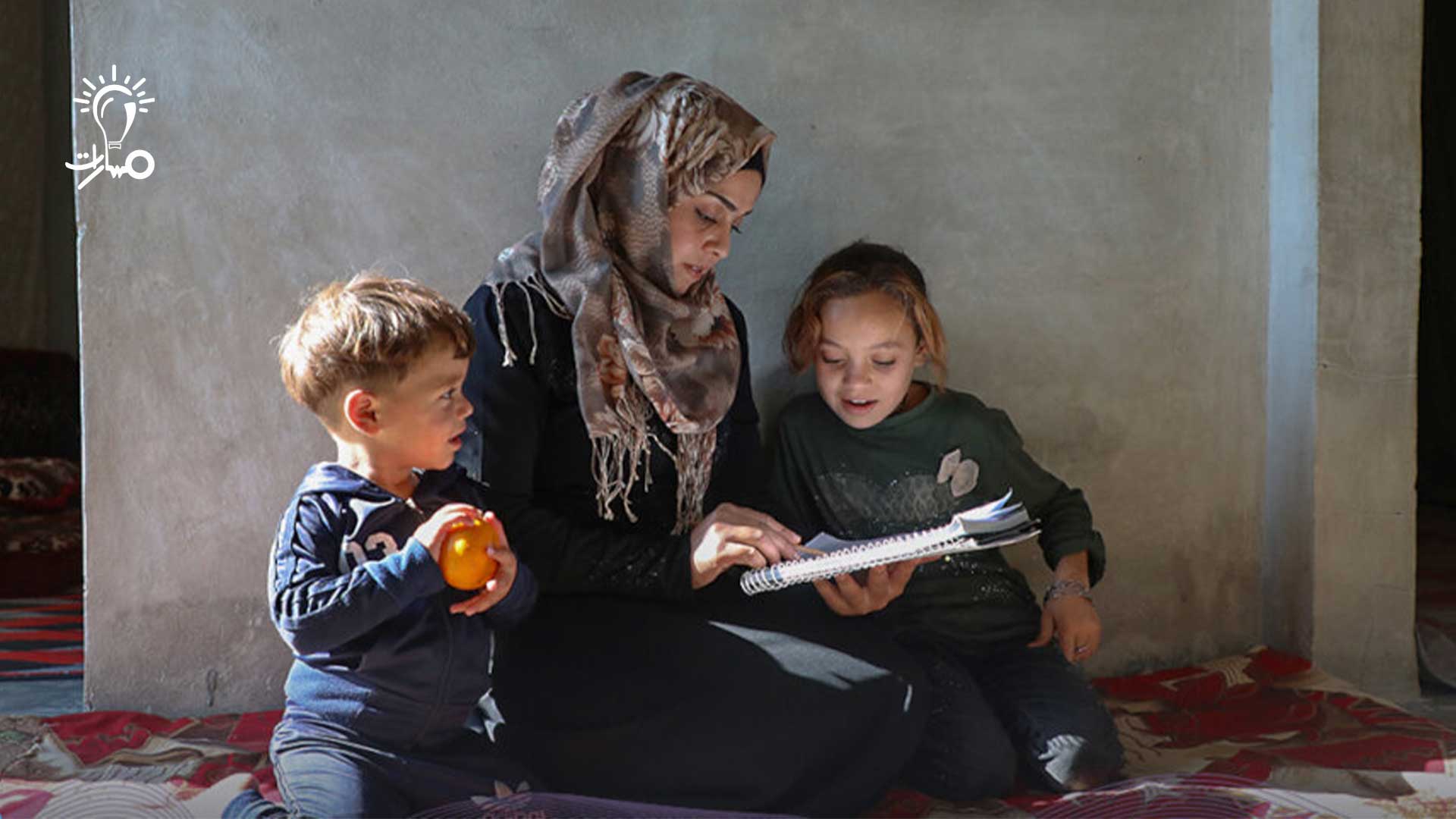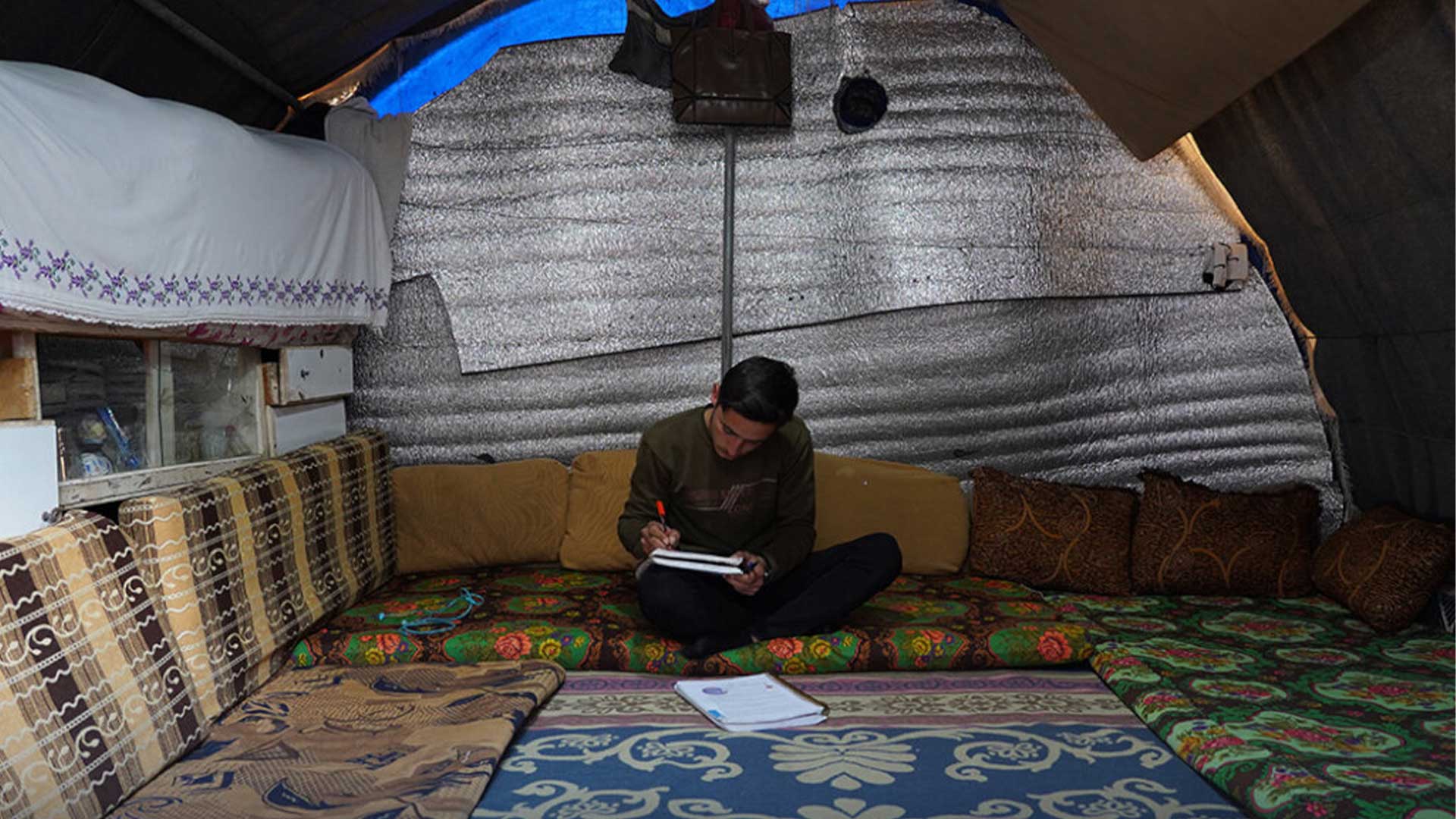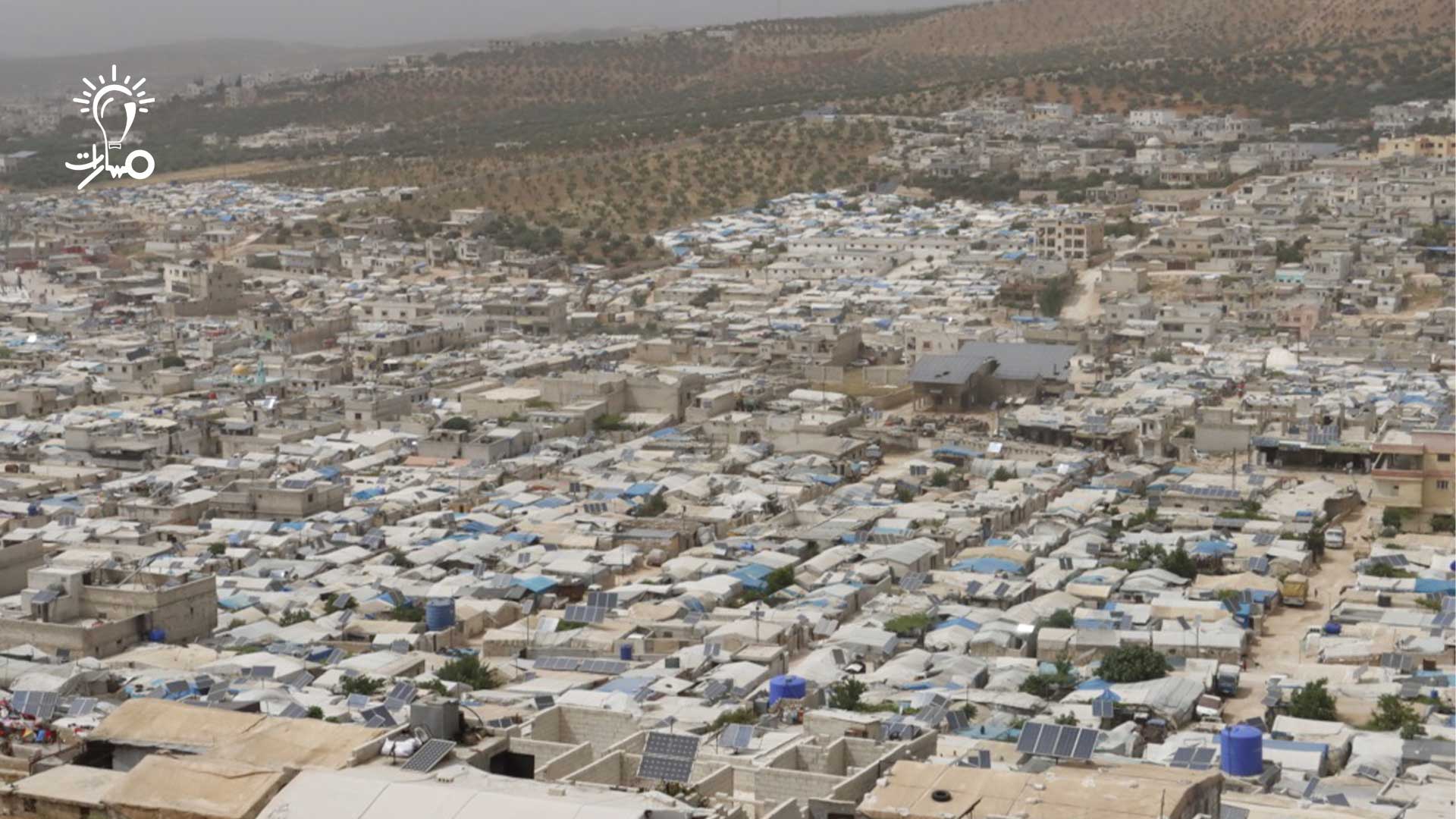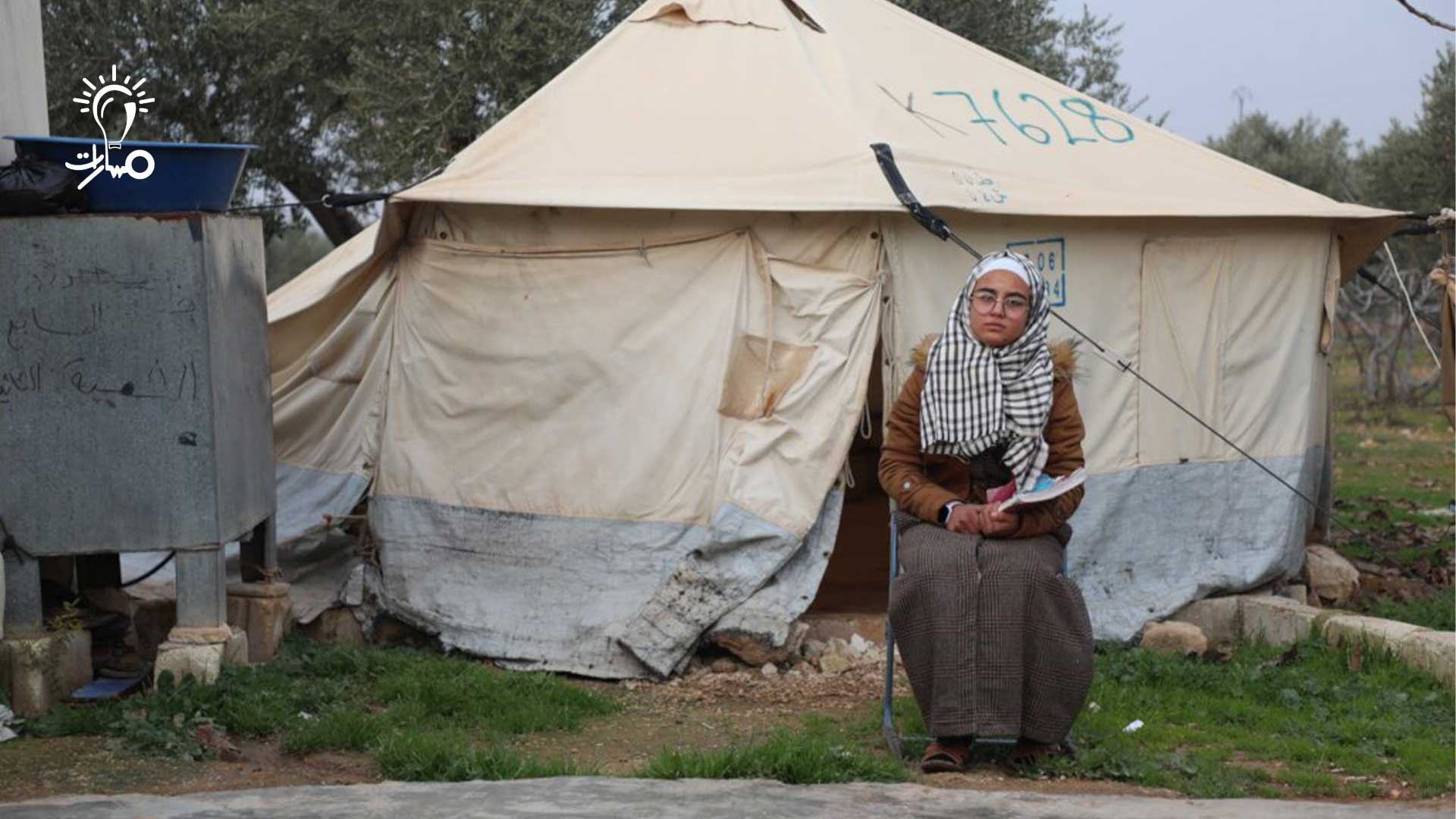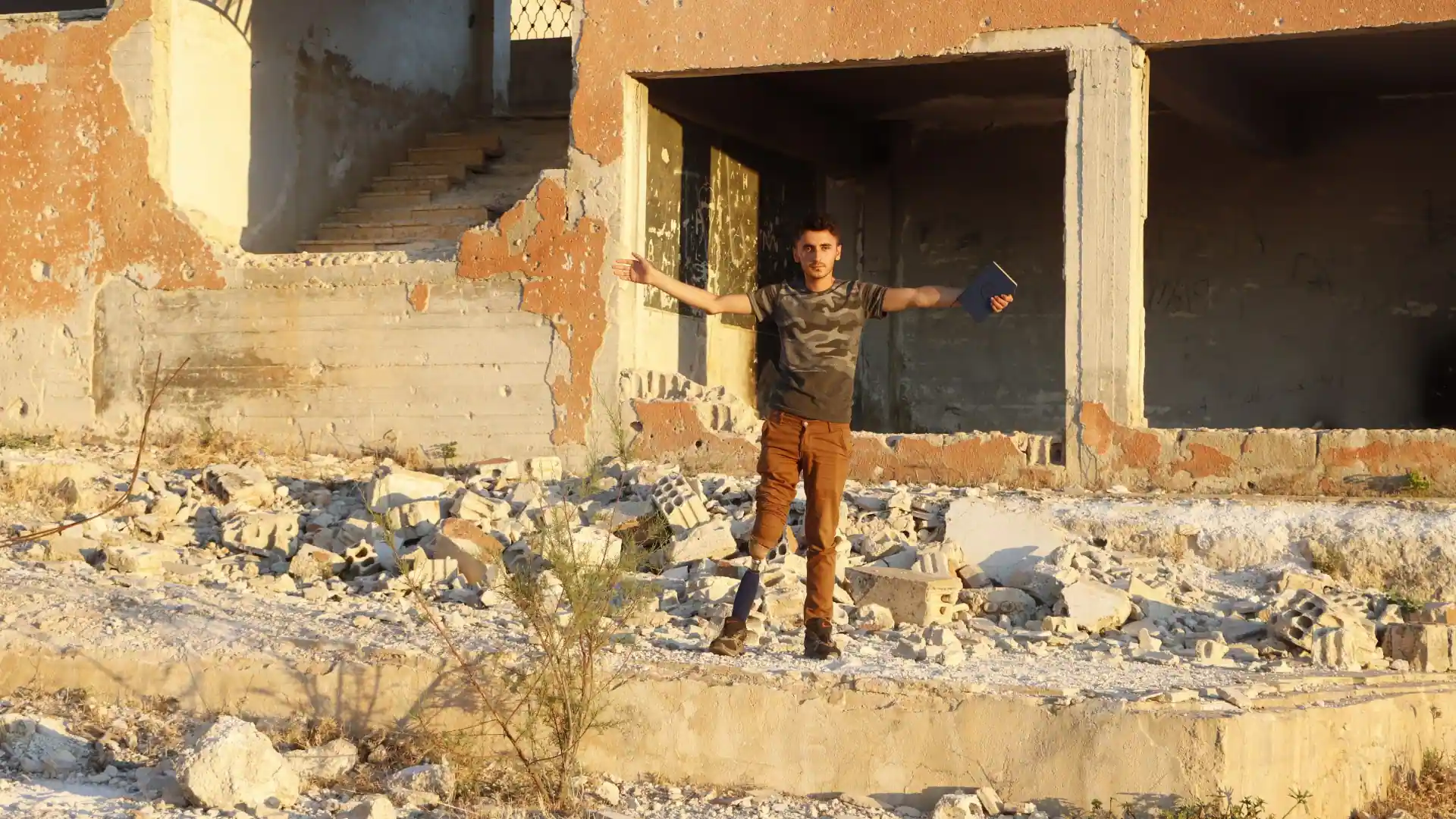Life fundamentally relies on the interconnected relationships between living and non-living components in the environment. Humans are considered the primary focus, purpose, and means of development, emphasizing balance in the environment across its diverse dimensions. It is crucial to achieve sustainable development of both natural and human resources without extravagance or waste.
This should be done through a current and future-oriented strategy planned collectively, collaboratively, and based on sound scientific principles. The goal is to meet the needs of the present and the future, aligning with the requirements of the contemporary era and considering the available and potentially available economic and environmental resources to achieve development.
Definition of Sustainable Development:
Sustainable development is a process aimed at achieving the maximum economic efficiency of human activity within the limits of available renewable resources while ensuring the needs of future generations. It is continuous, fair, balanced, and integrated development that considers the environmental aspect in all its projects. It does not reap the benefits for current generations at the expense of future generations.
Characteristics of Sustainable Development:
– Seeks to meet the requirements and needs of the most impoverished segments of society, reducing global poverty by achieving balance among the ecological, economic, and social systems, ensuring social well-being.
– Is based on the idea of justice among members of society, alongside the involvement of civil society, its organizations, and all its categories in development activities, contributing to raising the standard of living for individuals in the community.
– Cares about resources, whether human, environmental, or societal, and works on awareness to conserve, invest, and develop them.
– Depends on the time factor as it is long-term, estimating the present capabilities while considering the right of future generations to available or possible societal resources, and coordinating the integrated use of resources, investment trends, and organizational structure.
Objectives of Sustainable Development:
– Achieve economic growth.
– Achieve social and economic justice.
– Optimize the use of all resources.
– Preserve natural resources for future generations.
– Social development.
Importance of Sustainable Development:
Sustainable development serves as a link between the current and future generations, ensuring the continuity of human life. It guarantees a decent life for future generations, fair distribution of resources within a single country and among multiple countries, reduces the gap between developed and developing countries, lessens dependence on external sources, distributes production, protects the environment, achieves social justice, improves living standards, reduces illiteracy rates, raises income levels for individuals, and leaves a legacy for the next generation.
It’s essential to note that sustainable development encompasses three main areas:
– Economic Field: Concerned with individual and family income levels, national income, production and consumption levels, agricultural and industrial sector sizes, capital employment rates, import and export rates, and the purchasing power of local currency.
– Social Field: Encompasses the development of mutual human relationships, improvement of education, culture, awareness, politics, and health. It provides opportunities for freedom and participation, creates a desire for change in the current situation, and establishes new social roles for community members, instilling positive social values such as cooperation and fulfilling responsibilities.
– Environmental Field: Involves protecting the environment and preserving its natural resources from pollution, working to achieve balance, diversity, and sustainability, satisfying the needs of current generations while considering the needs of future generations.
Examples of environmental development include preserving agricultural lands and water bodies, combating desertification, increasing green space by planting and preserving trees, preserving animals, transitioning to using clean energy such as solar and wind energy, and rationalizing the use of resources.
In conclusion, sustainable development is an ethical concept based on changing behavior patterns, where individuals bear the responsibility of caring for others around them and those who will come after them.
TECH. Samer Al Aloush – Science Teacher at Masarat Initiative
